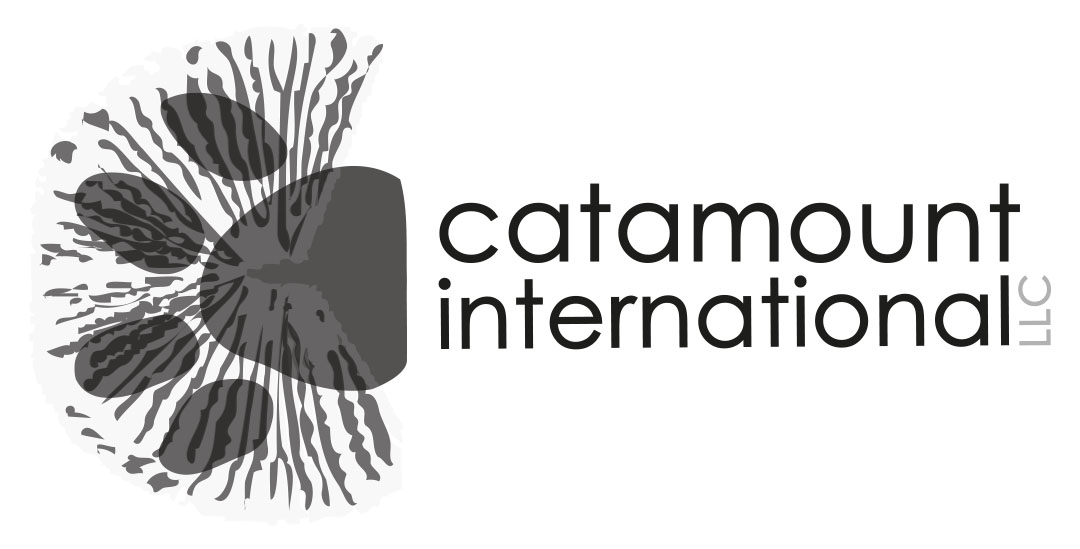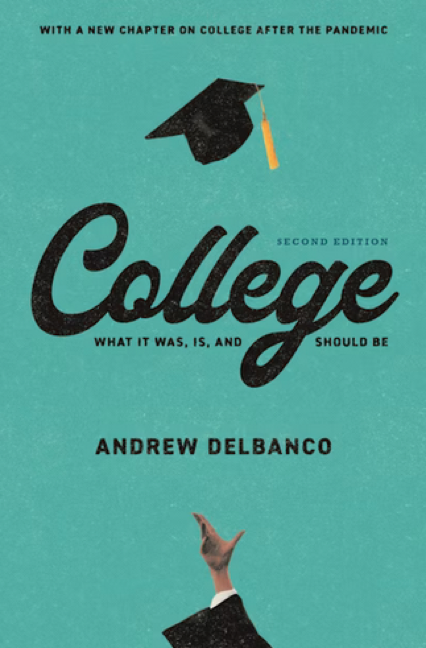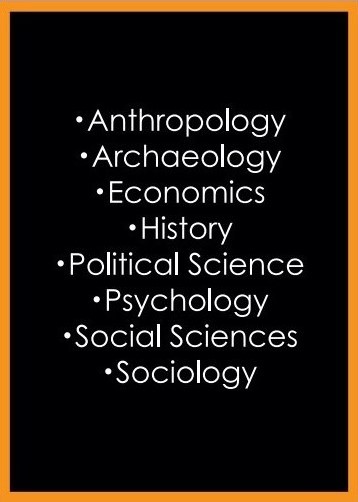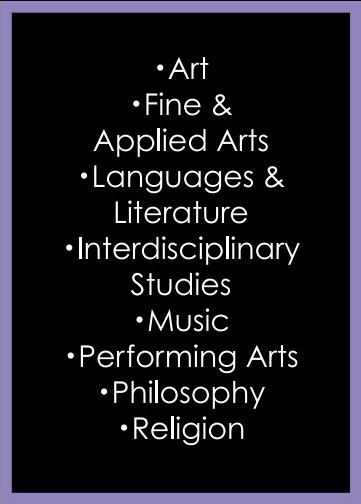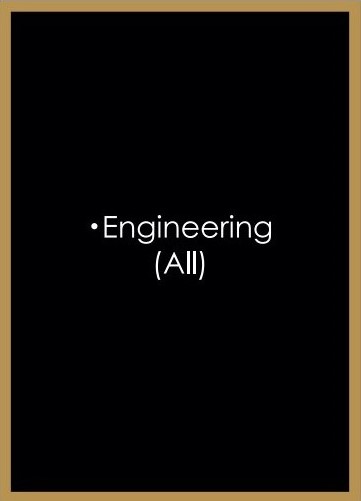College: What It Was, Is, and Should Be
Breve Descripción
En College, el destacado crítico cultural Andrew Delbanco ofrece una defensa mordaz de tal educación y advierte que se está convirtiendo en un privilegio reservado para los relativamente ricos. Al describir lo que debería ser una verdadera educación universitaria, demuestra por qué hacer que esté disponible para la mayor cantidad de jóvenes posible sigue siendo fundamental para la promesa democrática de Estados Unidos.
Breve descrição
Na faculdade, o notável crítico cultural Andrew Delbanco oferece uma defesa contundente de tal educação, alertando que está se tornando um privilégio reservado para os relativamente ricos. Ao descrever como deve ser uma verdadeira educação universitária, ele demonstra por que disponibilizá-la ao maior número possível de jovens permanece fundamental para a promessa democrática da América.
Full description
As the commercialization of American higher education accelerates, more and more students are coming to college with the narrow aim of obtaining a preprofessional credential. The traditional four-year college experience—an exploratory time for students to discover their passions and test ideas and values with the help of teachers and peers—is in danger of becoming a thing of the past.
In College, prominent cultural critic Andrew Delbanco offers a trenchant defense of such an education, and warns that it is becoming a privilege reserved for the relatively rich. In describing what a true college education should be, he demonstrates why making it available to as many young people as possible remains central to America’s democratic promise.
In a brisk and vivid historical narrative, Delbanco explains how the idea of college arose in the colonial period from the Puritan idea of the gathered church, how it struggled to survive in the nineteenth century in the shadow of the new research universities, and how, in the twentieth century, it slowly opened its doors to women, minorities, and students from low-income families. He describes the unique strengths of America’s colleges in our era of globalization and, while recognizing the growing centrality of science, technology, and vocational subjects in the curriculum, he mounts a vigorous defense of a broadly humanistic education for all. Acknowledging the serious financial, intellectual, and ethical challenges that all colleges face today, Delbanco considers what is at stake in the urgent effort to protect these venerable institutions for future generations.
Pedagogy & Education
otras áreas de / interés...
other areas of / interest...
outras áreas de interesse...
¿Buscas un título en un área específica?
Looking for books in a specific area?
¿Procurando livros em uma área específica?



